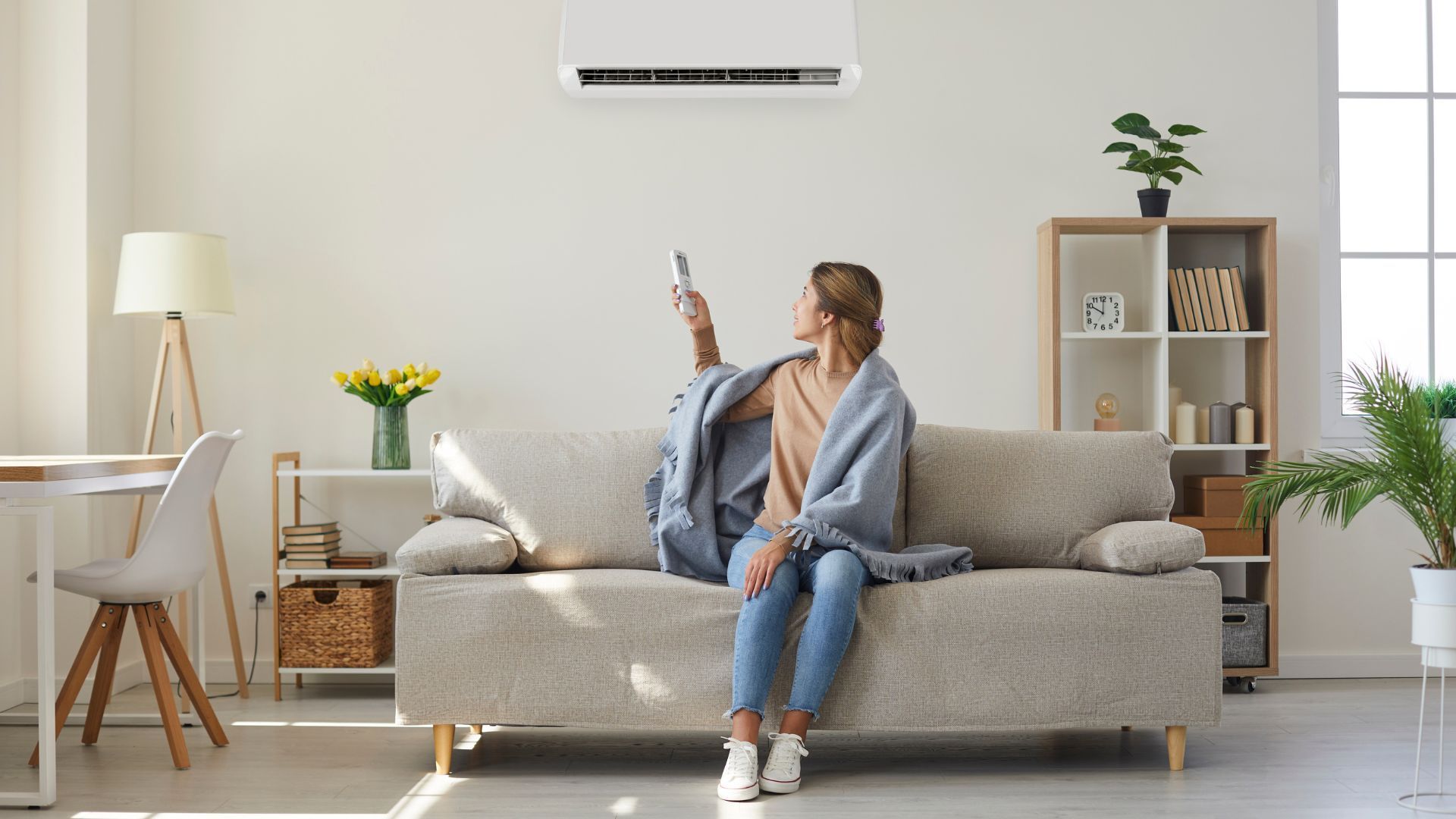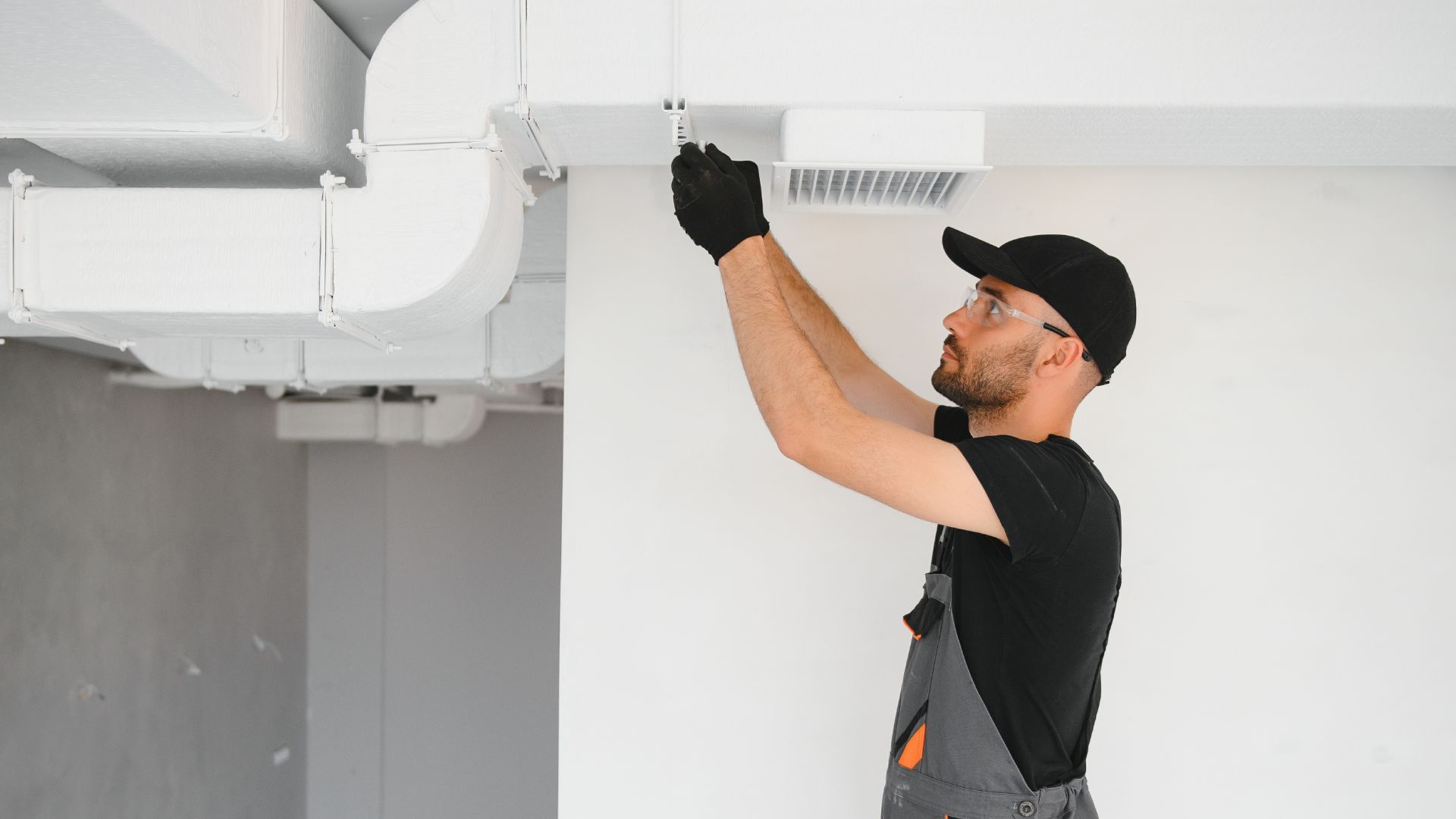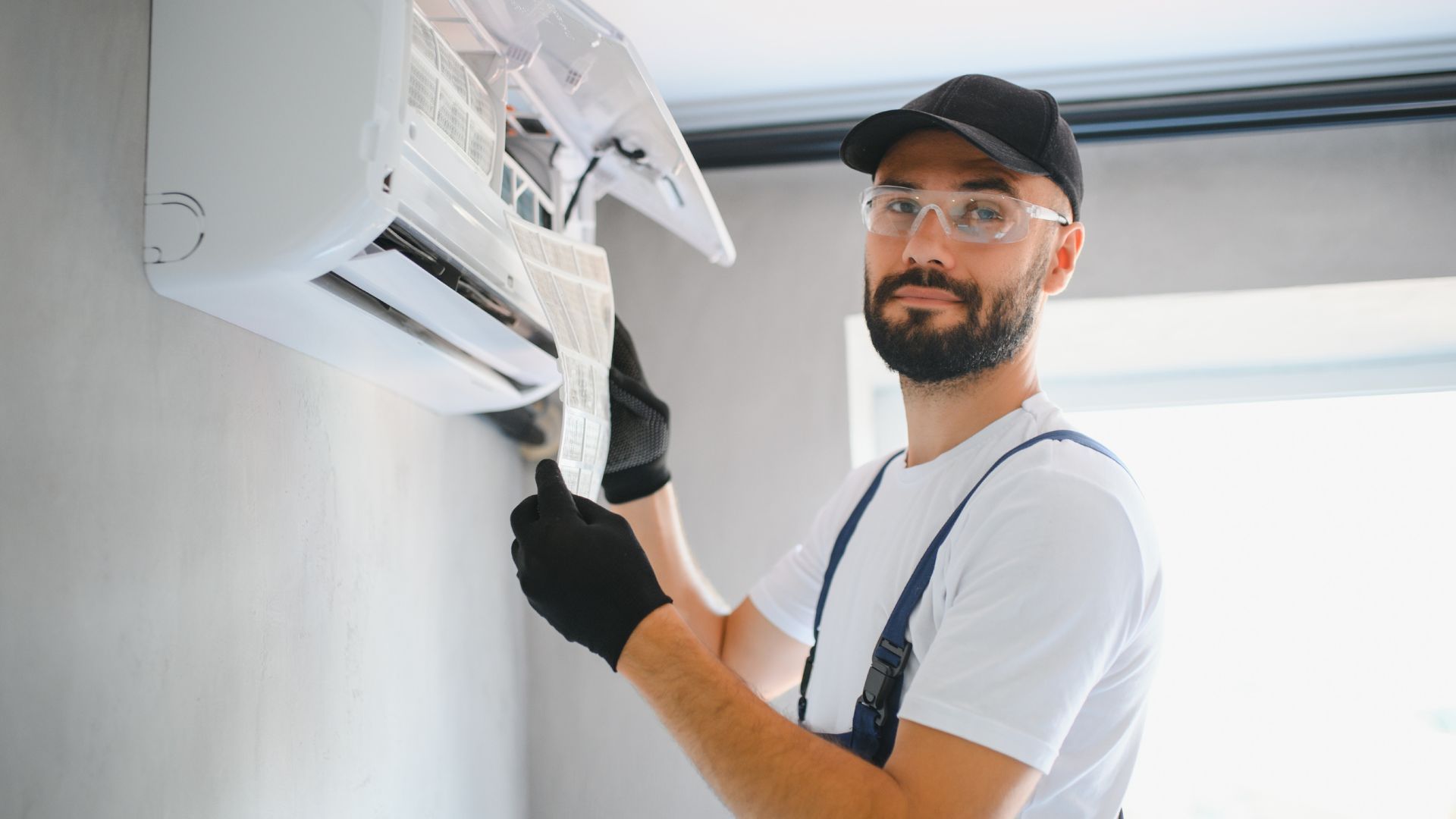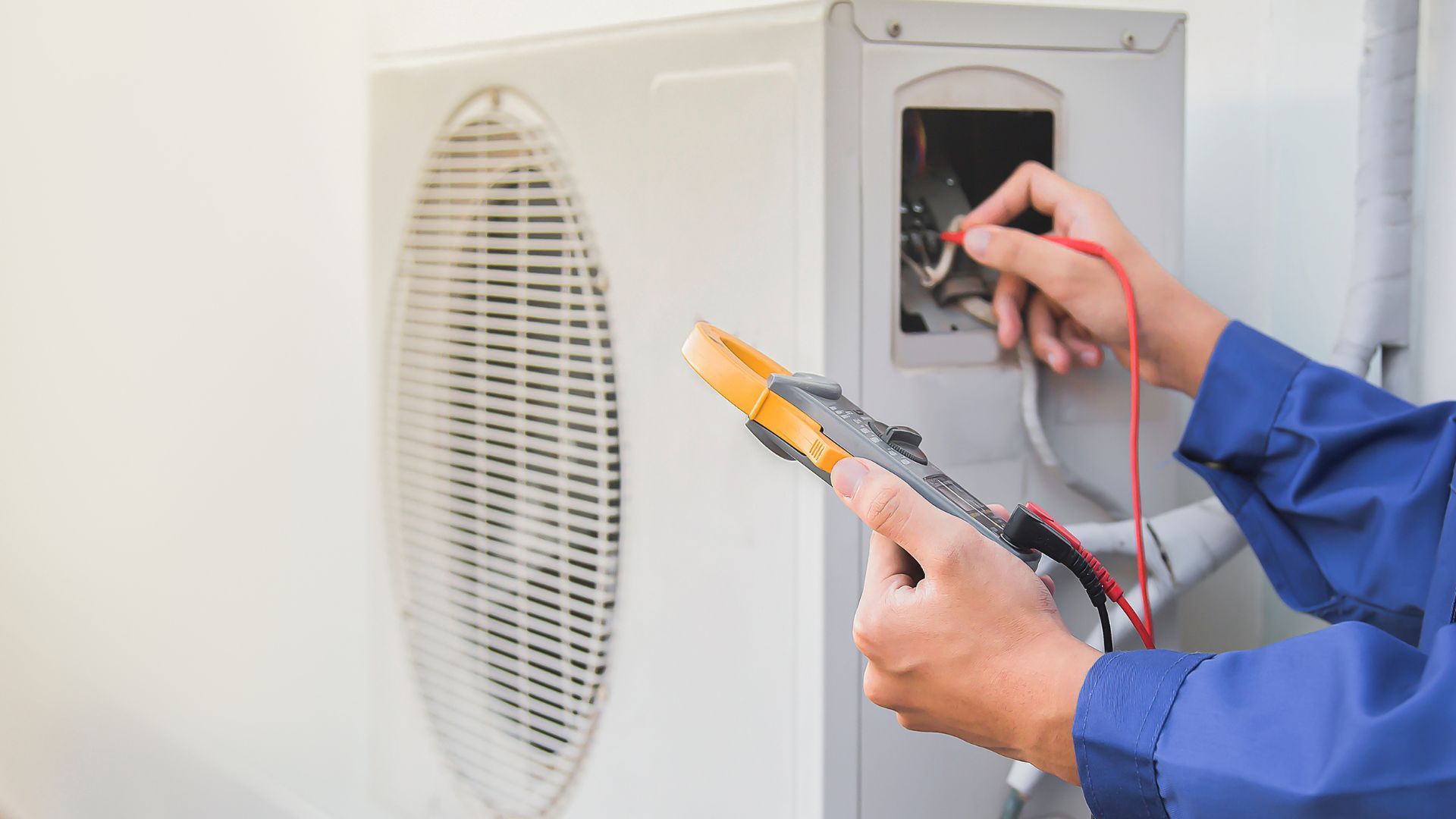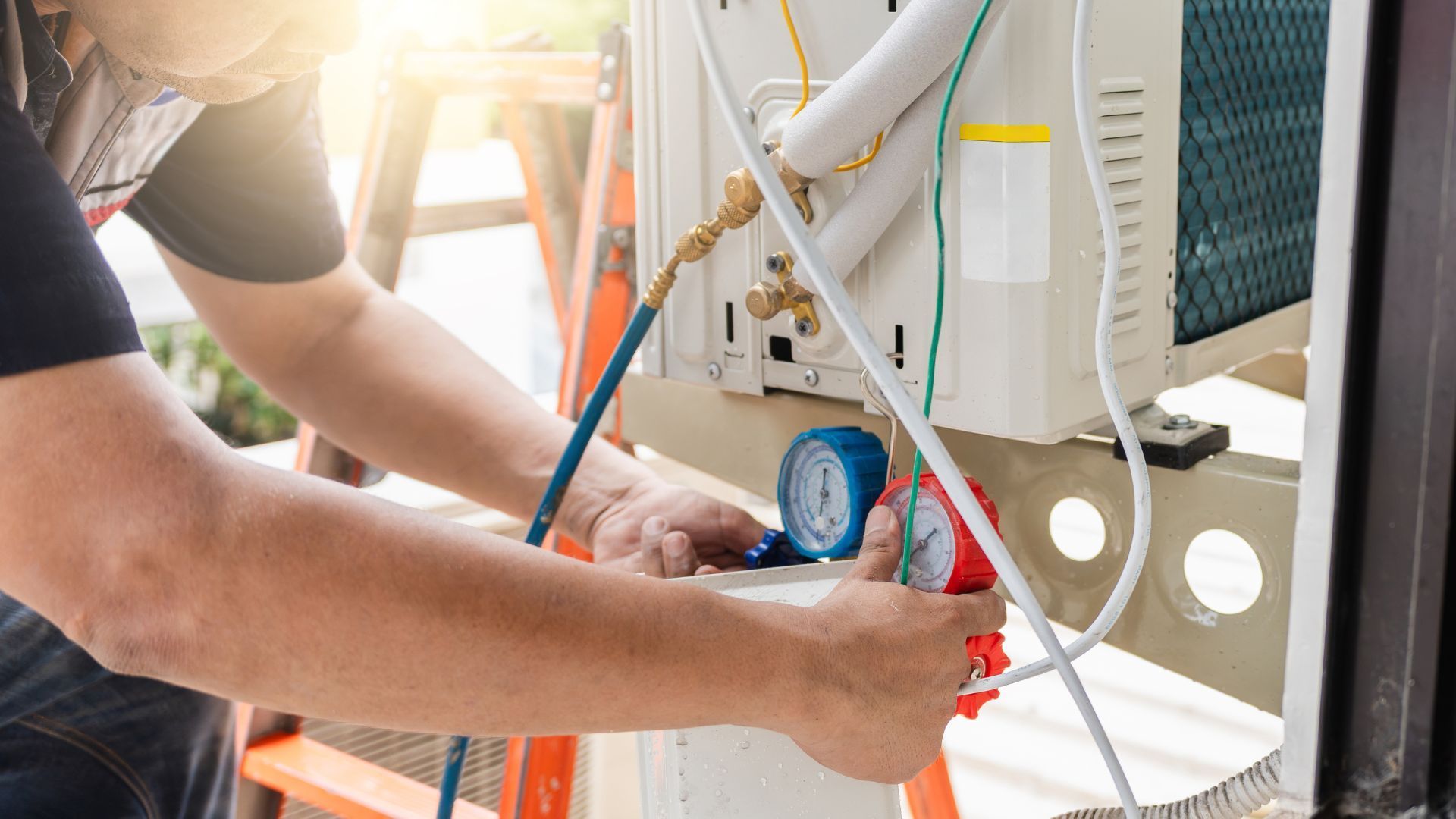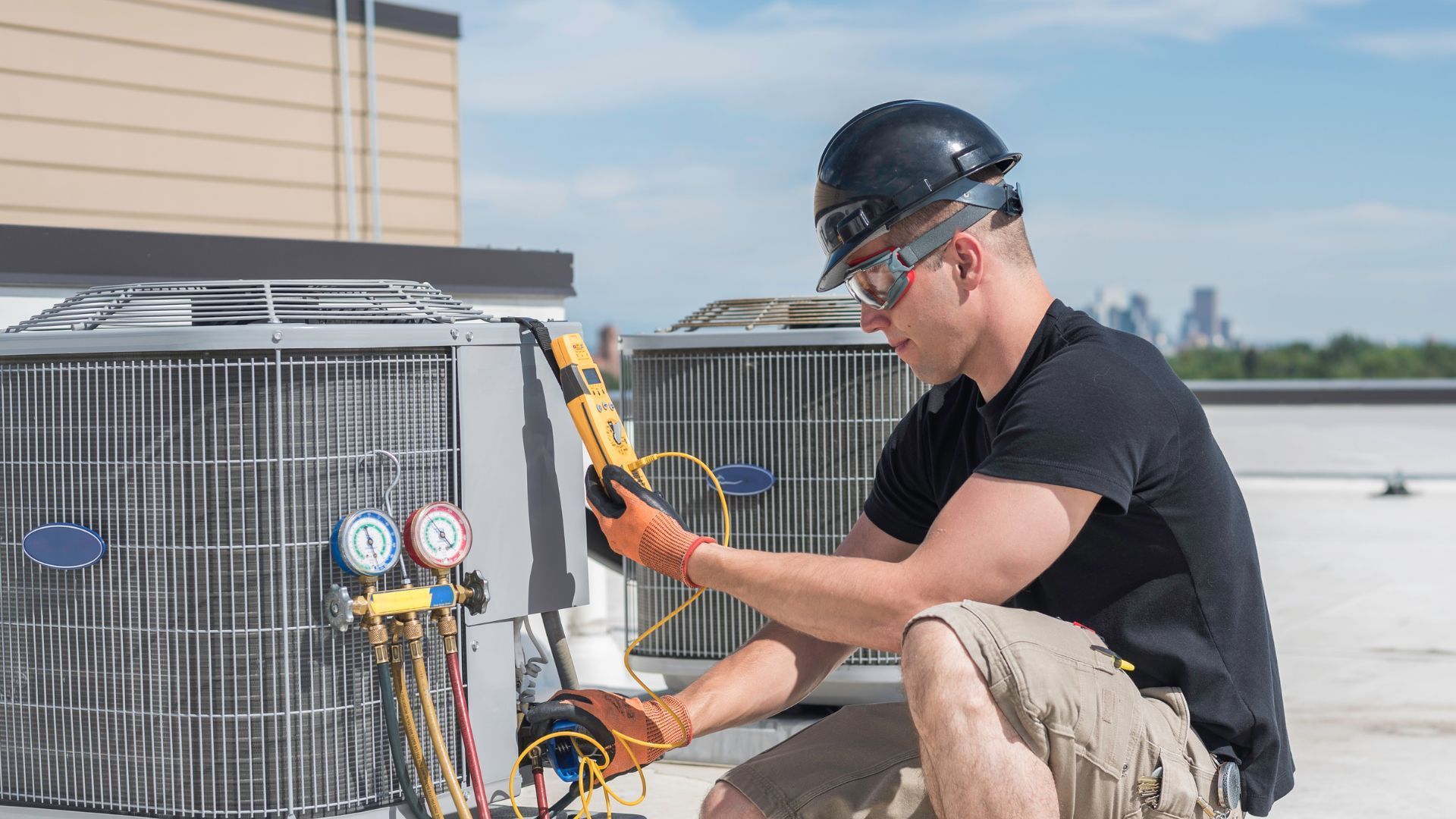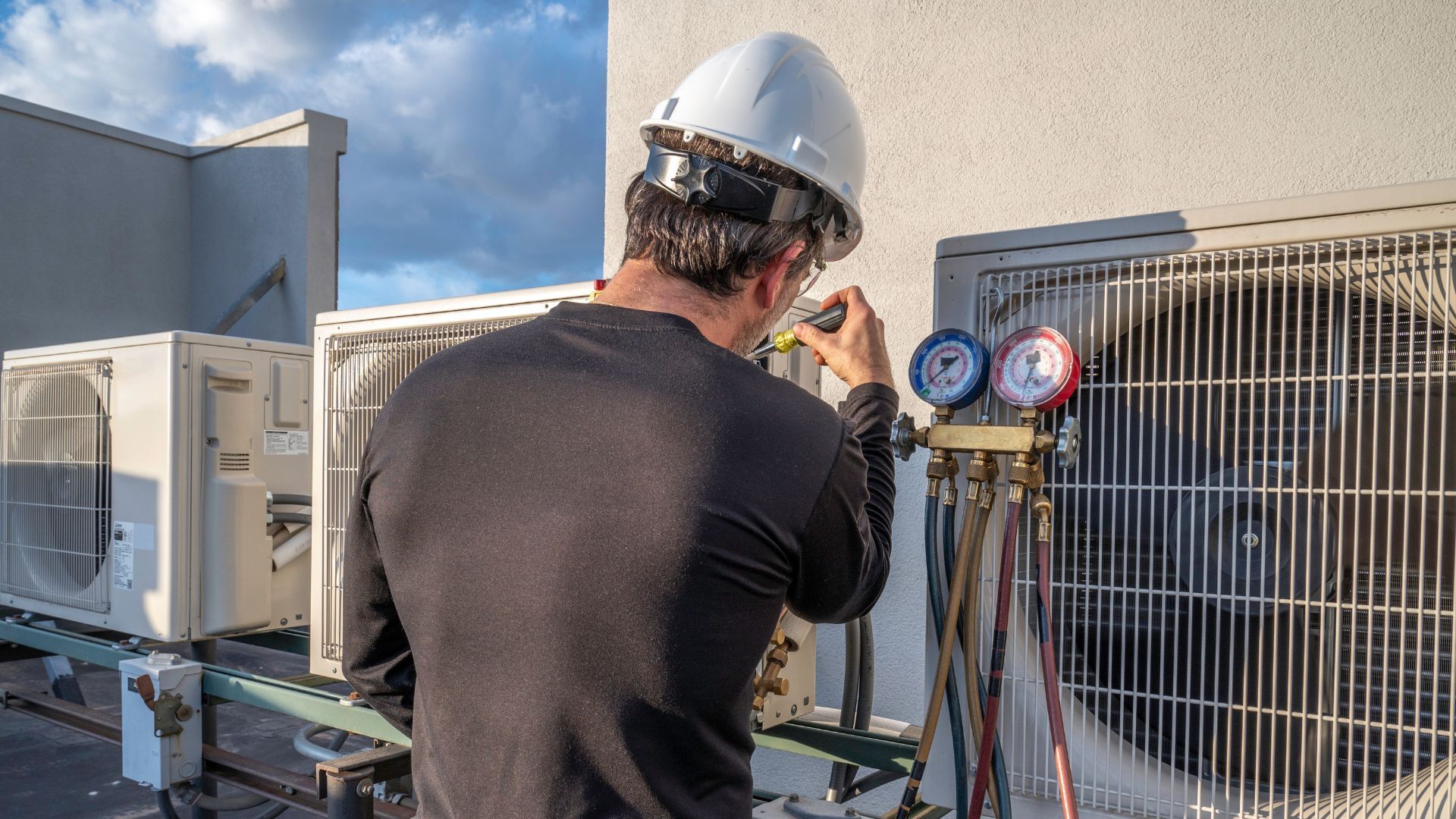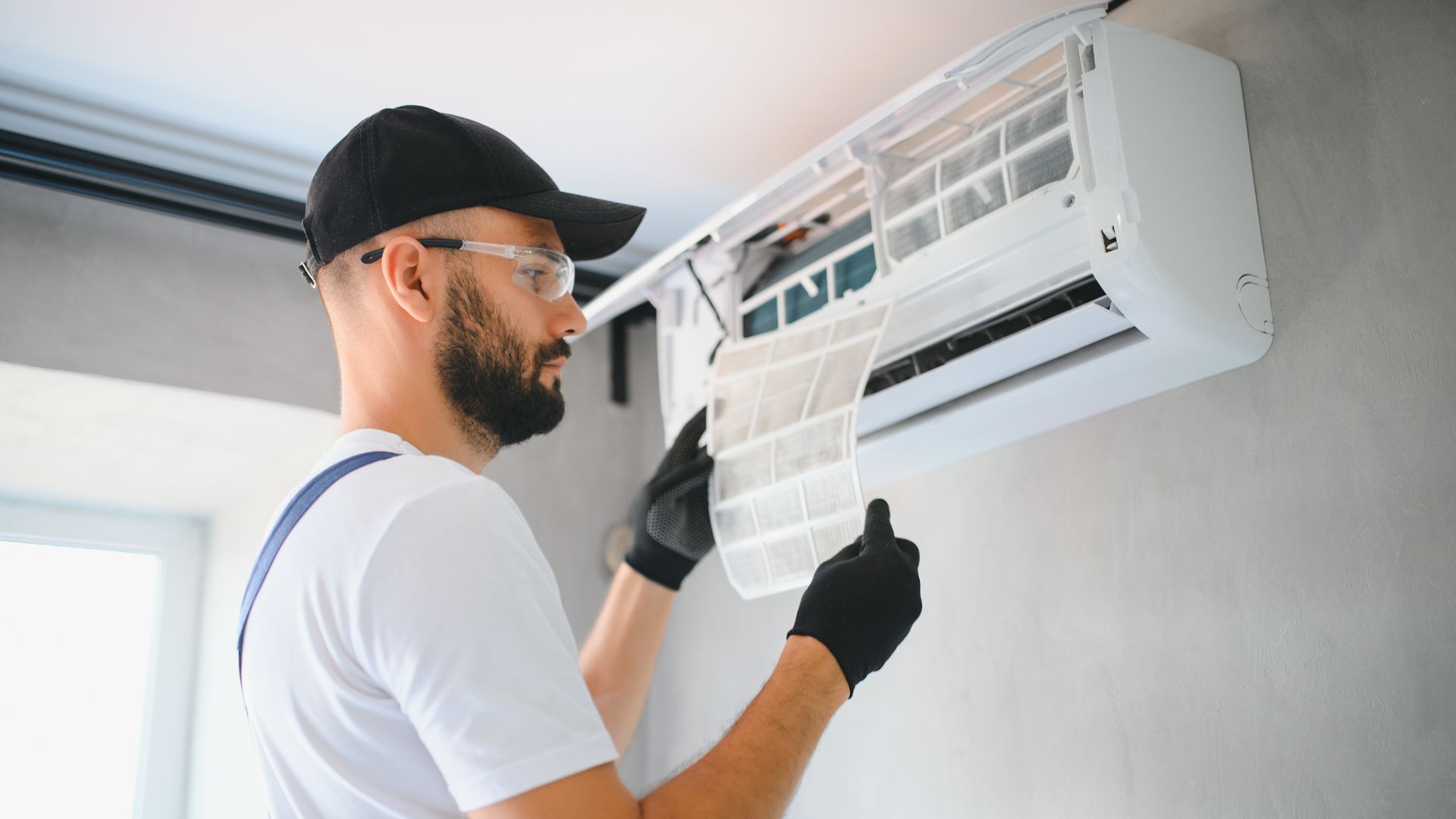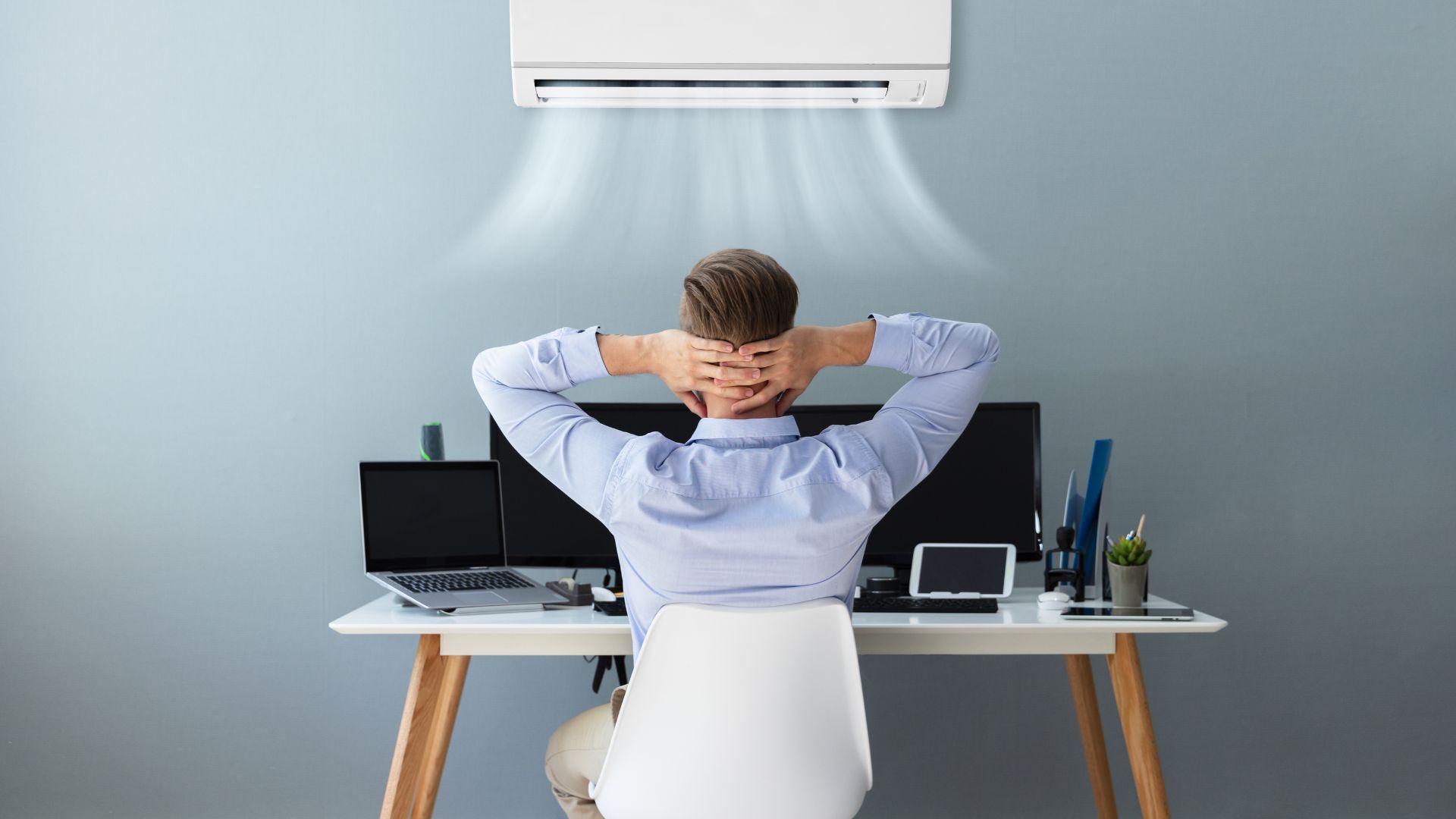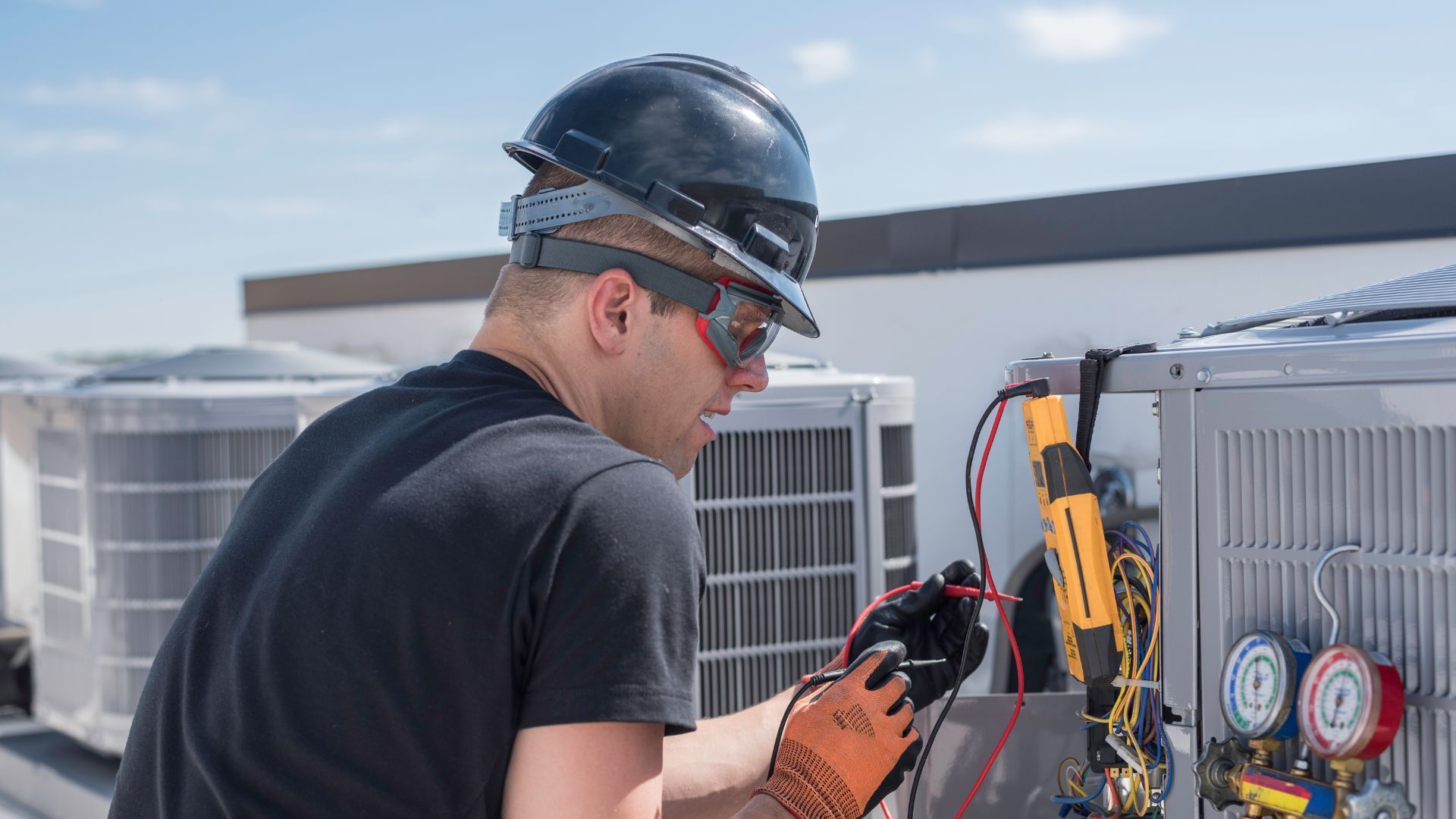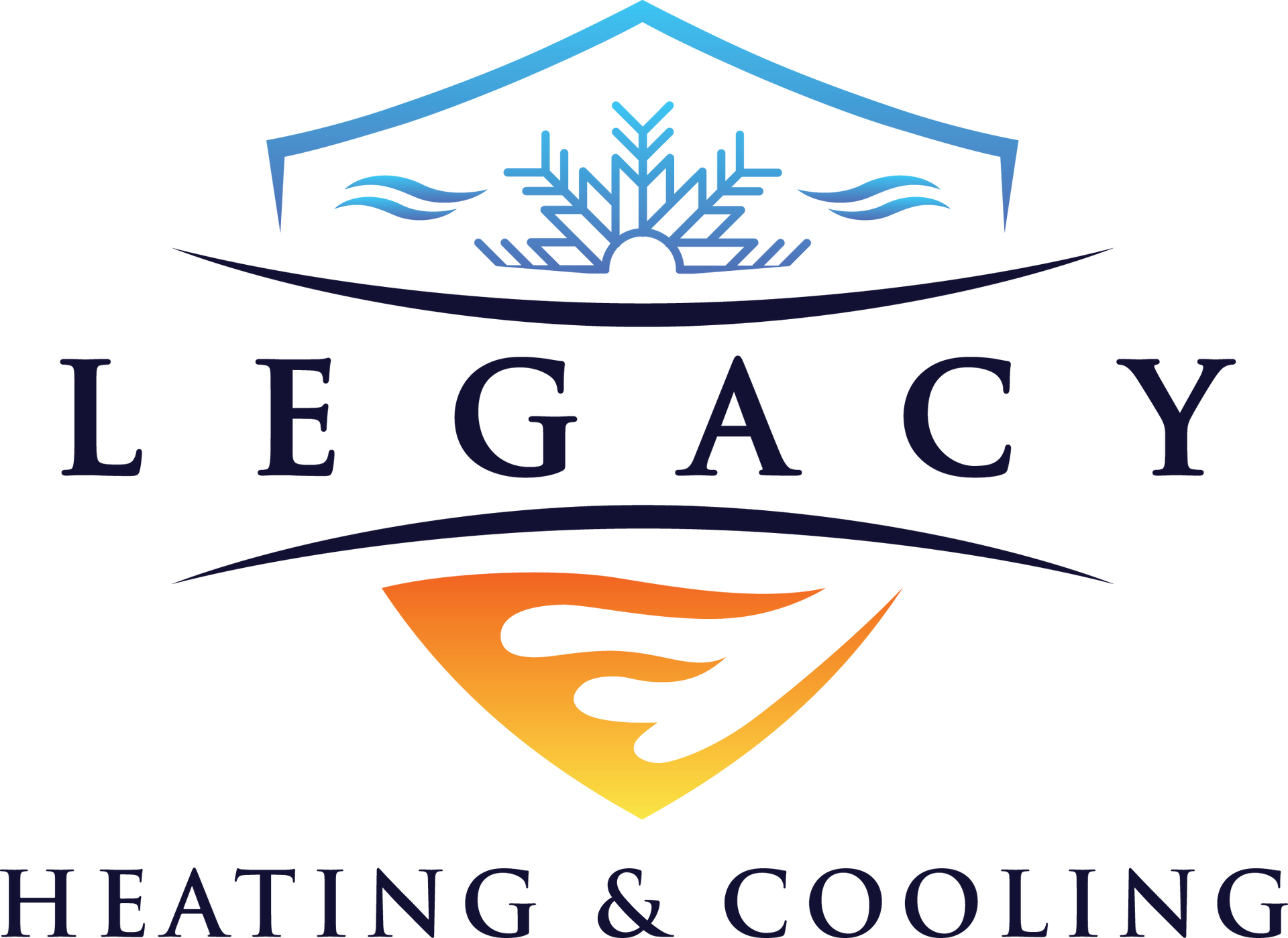24_7 Air Conditioning Repair Services Available in RI
Rhode Island residents and businesses facing sudden air conditioning failures need immediate, expert assistance to avoid discomfort and operational disruptions. By combining 24/7 availability, rapid dispatch, certified technicians, and transparent pricing, our 24/7 HVAC repair services in RI restore climate control swiftly. This guide covers our emergency response system, technician credentials, service areas, common AC crises, repair workflow, preventive maintenance, and selection criteria for a trusted provider.
Why Choose Our 24/7 Emergency AC Repair Services in Rhode Island?
Our round-the-clock emergency AC repair service restores cooling any time of day or night. Backed by local expertise and clear pricing, we ensure fast relief and reliable results. The next sections explain our rapid response, technician qualifications, and statewide coverage.
How Does Our Rapid Response Ensure Your Comfort Anytime?
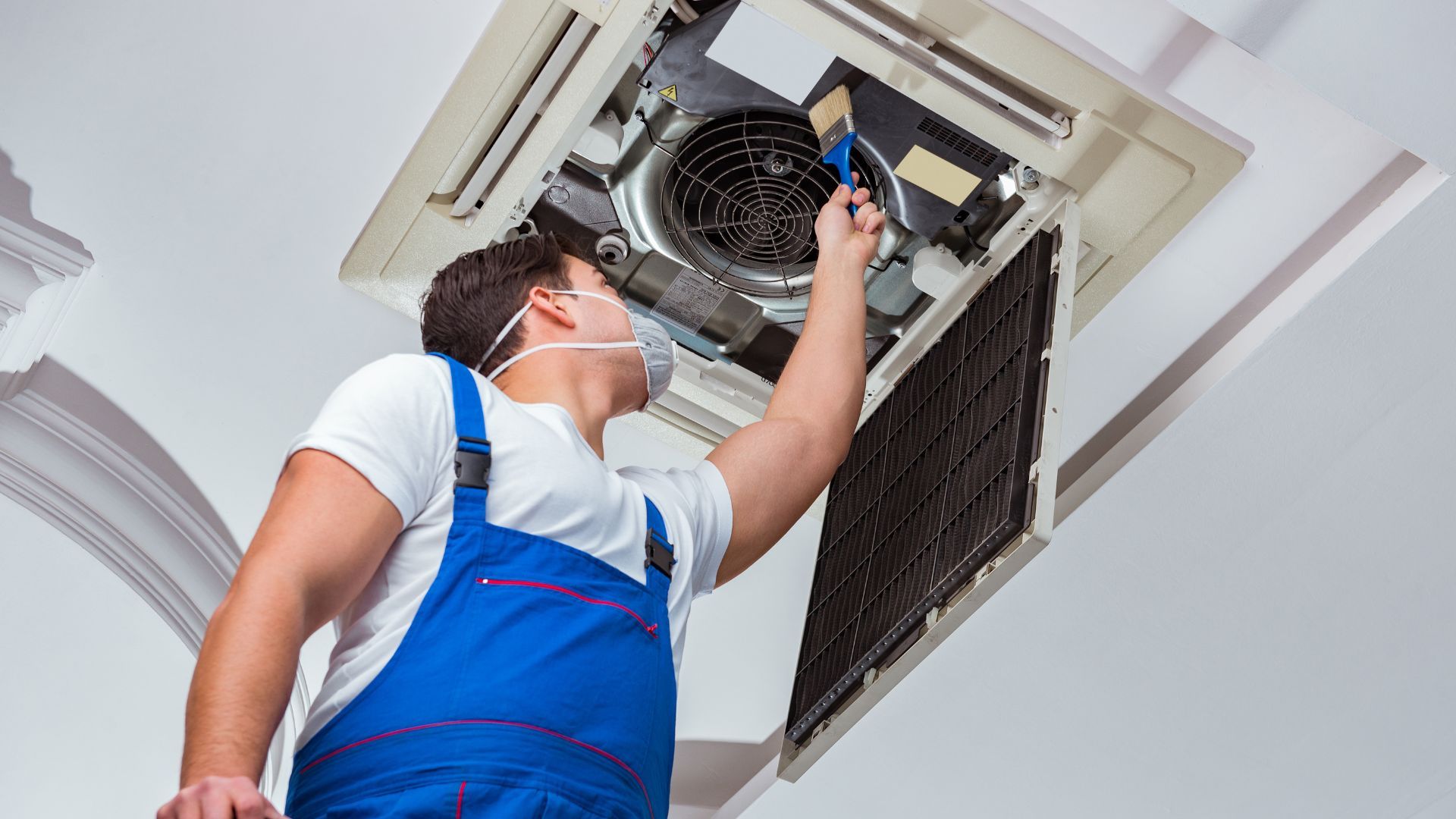
Our rapid response system dispatches a licensed technician within 60 minutes of your call, minimizing downtime and preventing heat damage. This approach maintains indoor comfort and protects equipment integrity.
Features of our rapid dispatch include:
- A technician is en route within the first hour of your emergency call.
- We operate a dedicated 24/7 hotline with live dispatch.
- After-hours service incurs no extra fees for Rhode Island customers.
These measures guarantee prompt comfort and seamless service delivery.
What Certifications and Experience Do Our HVAC Technicians Have?
Each technician holds NATE certification, EPA refrigerant handling credentials, and carries state licensing and insurance. Their combined expertise ensures precise diagnostics and efficient repairs.
NATE Certification for HVAC Technicians
NATE (North American Technician Excellence) certification is a recognized credential in the HVAC industry, demonstrating a technician's knowledge and skills through rigorous testing and ongoing education. NATE-certified technicians are preferred by contractors and consumers because they have proven expertise and stay current with industry standards.
This certification ensures that technicians are well-versed in HVAC systems and can handle maintenance, repair, and installation needs effectively.
EPA 608 Certification for Refrigerant Handling
The EPA 608 certification is required by the U.S. Environmental Protection Agency for technicians who handle refrigerants, ensuring they understand safe handling, disposal, and management practices. This certification is a federal requirement for anyone working with refrigerants in HVAC systems.
The EPA 608 certification ensures technicians comply with federal environmental regulations when working with refrigerants.
| Certification | Issuing Organization | Benefit |
|---|---|---|
| NATE Certified | North American Technician Excellence | Validates advanced HVAC skills |
| EPA Approved | Environmental Protection Agency | Ensures safe refrigerant handling |
| Rhode Island License | Rhode Island State Board | Guarantees professional accountability |
These credentials underpin safe, high-quality service across all emergency calls.
Which Rhode Island Areas Do We Serve for Emergency AC Repairs?
We cover Providence, Warwick, Cranston, Pawtucket, Central Falls, and surrounding towns with rapid on-site service and consistent availability.
| Location | Coverage Detail | Typical Response Time |
|---|---|---|
| Providence | Citywide residential & commercial areas | 45–60 minutes |
| Warwick | Full metropolitan and suburban district | 60–75 minutes |
| Cranston | Urban and adjacent neighborhoods | 50–70 minutes |
Our statewide network ensures every Rhode Island client receives timely, expert AC repair.
What Are the Most Common Air Conditioning Emergencies We Handle?
We address critical malfunctions that compromise comfort and functionality, restoring normal operation with expert solutions.
How Do We Fix No Cooling or Complete AC System Breakdowns?
A no-cooling failure often results from compressor or thermostat faults. We diagnose electrical and mechanical components, replace defective parts, and verify restored airflow to resume efficient cooling.
What Do Strange Noises or Odors from Your AC Mean?
Grinding sounds or musty smells typically indicate loose components or mold in ducts. Our technicians perform full inspections, tighten or replace parts, and sanitize affected areas to eliminate hazards.
How Are Refrigerant Leaks Detected and Repaired Quickly?
Using electronic leak detectors, we locate escaping refrigerant, repair or replace damaged coils or seals, and recharge the system to manufacturer specifications, restoring efficient operation and environmental safety.
What Electrical Issues Affect AC Systems and How Are They Resolved?
Faulty wiring, burned capacitors, or tripped breakers can prevent unit startup or cause erratic cycling. Our licensed electricians isolate circuits, replace compromised components, and confirm safe, reliable functionality.
How Does Our 24/7 Emergency AC Repair Process Work?
We follow a transparent three-step workflow that prioritizes speed, clarity, and quality in every emergency service call.
What Happens When You Call Our 24/7 HVAC Emergency Hotline?
A live representative gathers system details, location, and urgency level, then dispatches the nearest qualified technician immediately to minimize response time.
How Do Technicians Diagnose and Provide Transparent Repair Quotes?
Upon arrival, the technician conducts a comprehensive inspection, explains findings in clear terms, and issues an itemized quote with no hidden fees before beginning any work.
What Are the Steps for Expert AC Repair and Post-Repair Testing?
After customer approval, we install OEM-grade parts, execute repairs efficiently, and perform performance tests—measuring temperature differentials and airflow—to confirm the system meets industry standards.
How Can Regular AC Maintenance Prevent Emergency Repairs in Rhode Island?
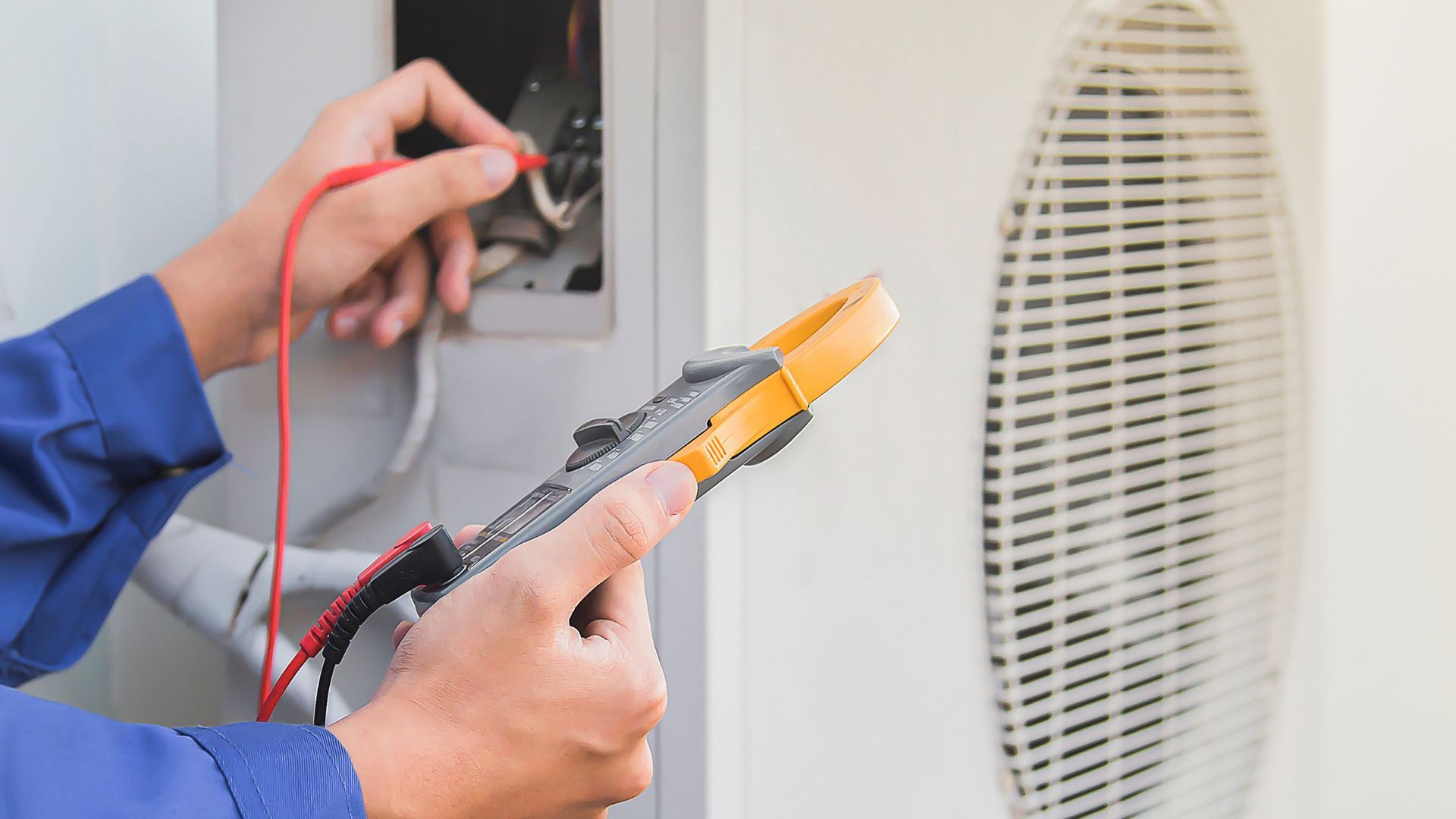
Proactive maintenance identifies wear and inefficiencies early, preserving unit lifespan, maximizing energy efficiency, and reducing the risk of sudden breakdowns.
Why Is Scheduled AC Maintenance Important for Efficiency and Longevity?
Routine checkups calibrate controls, clean coils and filters, and lubricate moving parts. This service improves airflow, lowers energy bills, and prevents costly emergency failures.
Benefits of Regular AC Maintenance
Regular AC maintenance is crucial for maintaining the efficiency, comfort, and longevity of your air conditioning system. Routine maintenance helps improve energy efficiency, enhance indoor air quality, and prevent costly breakdowns.
Regular maintenance can extend the lifespan of your AC unit and save money on energy bills.
What Maintenance Plans Do We Offer for Rhode Island Residents?
We offer three tiers of preventive care:
- Basic Cooling Tune-Up with filter changes and system inspection.
- Premium Seasonal Service adds refrigerant level checks and coil cleaning.
- Comprehensive Year-Round Protection, including biannual visits and priority emergency scheduling.
Each plan is designed to fit budget and usage needs while keeping AC units running reliably.
What Should You Know When Choosing a 24/7 HVAC Repair Service in Rhode Island?
Selecting the right emergency AC provider requires vetting qualifications, response guarantees, and service transparency to ensure trustworthy, effective support.
What Questions Should You Ask an Emergency AC Repair Company?
Ask about technician certifications, guaranteed response times, after-hours fees, warranty coverage, and maintenance plan options to compare providers confidently.
How Can You Save Money on Emergency HVAC Repairs?
Bundle regular maintenance with an emergency service plan, request upfront pricing, and explore energy-efficient upgrades that may qualify for utility rebates.
Energy-Efficient HVAC Upgrades
Upgrading your HVAC system can lead to significant energy savings and improved comfort. Installing high-efficiency systems, smart thermostats, and improving insulation are effective ways to boost energy efficiency.
These upgrades can reduce energy consumption, lower utility bills, and enhance the overall performance of your HVAC system.
What Certifications and Qualifications Should HVAC Technicians Have?
Ensure technicians hold NATE or EPA certifications, carry state licenses, and maintain liability insurance—essential markers of professional expertise and safety compliance.
Rhode Island HVAC Licensing Requirements
Rhode Island requires HVAC technicians to be licensed, with different license types based on the work performed. Licensing ensures that HVAC professionals have the necessary training and experience to perform their jobs safely and effectively.
Licensing requirements include completing apprenticeships, passing exams, and meeting specific experience criteria.
Learn more about our HVAC partner, Legacy Heating & Cooling, for comprehensive installation, maintenance, and replacement services that complement our emergency repair offerings.
Don’t endure another sweltering hour—contact us any time for 24/7 AC repair service in Rhode Island and experience prompt, professional relief.
